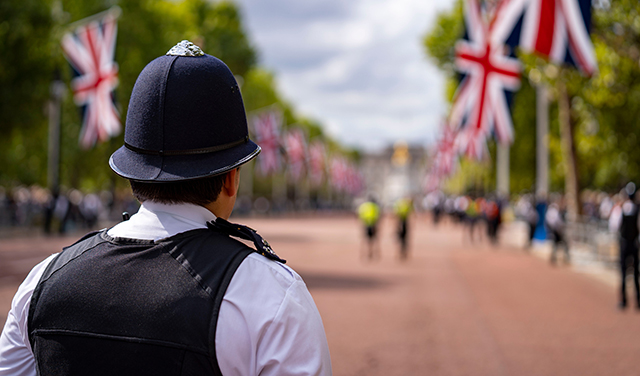News
-
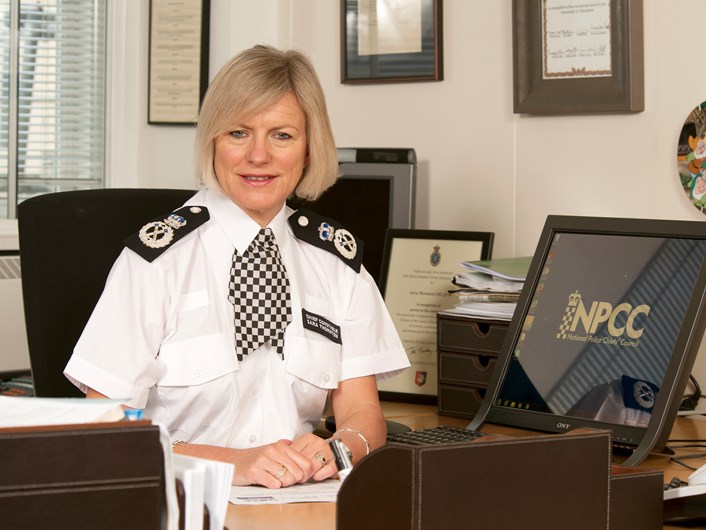
Police Chiefs’ Blog: CC Sara Thornton - We need to talk about wellbeing in policing
If we want our officers and staff to function at their best, they must get the support they need from police leaders on mental health, welfare, and wellbeing.
-
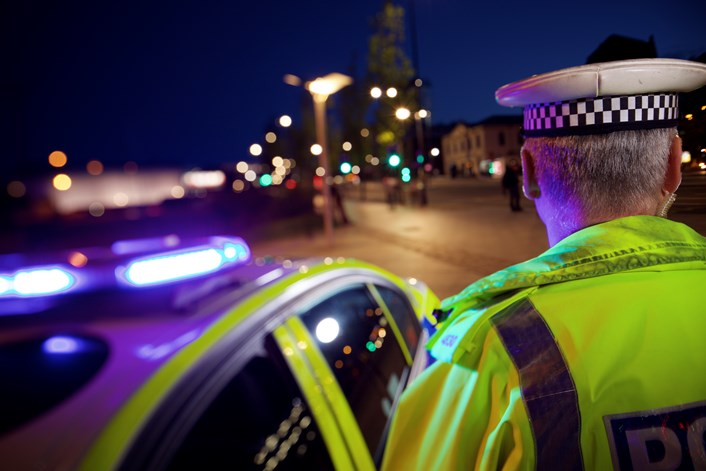
NPCC to review the national armed police response in light of the changing threat
At the quarterly meeting of Chief Constables Council, held over the last two days, chiefs discussed the role of armed police and Taser in protecting the public and officers in a terror attack.
-
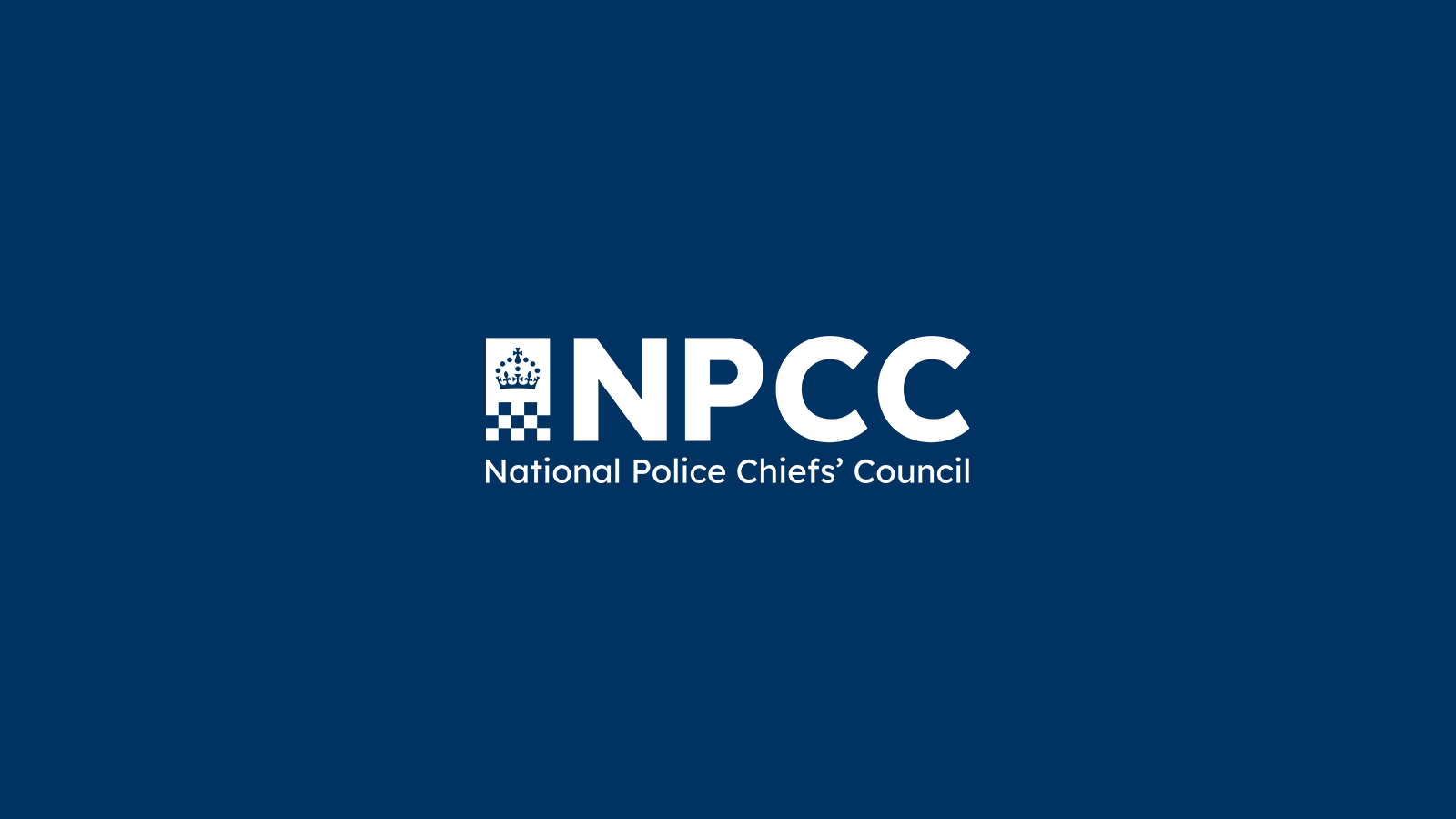
Holidaymakers urged to watch new counter terrorism safety video
The key advice is:
Run – to a place of safety. This is better than trying to surrender or negotiate.
Hide – it is better to hide than confront. Barricade yourself in, turn your phone to silent and use only when it is safe to do so.
Tell – Make sure you know the local emergency numbers in the country you’re travelling to. For all EU counties it’s 112.
-

Report shows police must do more for stalking and harassment victims
An inspection by Her Majesty's Inspectorate of Constabulary highlights that police and prosecutors must improve the consistency and co-ordination of their response to victims of stalking and harassment
-

New tailored approach to managing registered sex offenders introduced
Police forces are building on improvements in risk assessment to ensure robust, proactive management of those who pose the greatest risk to the public.
-

Police responding to emergencies have sufficient legal guidance and exemptions
The NPCC lead has reiterated that police officers responding to emergencies are covered by legal guidance that shows it is not in the public interest to prosecute them.
-
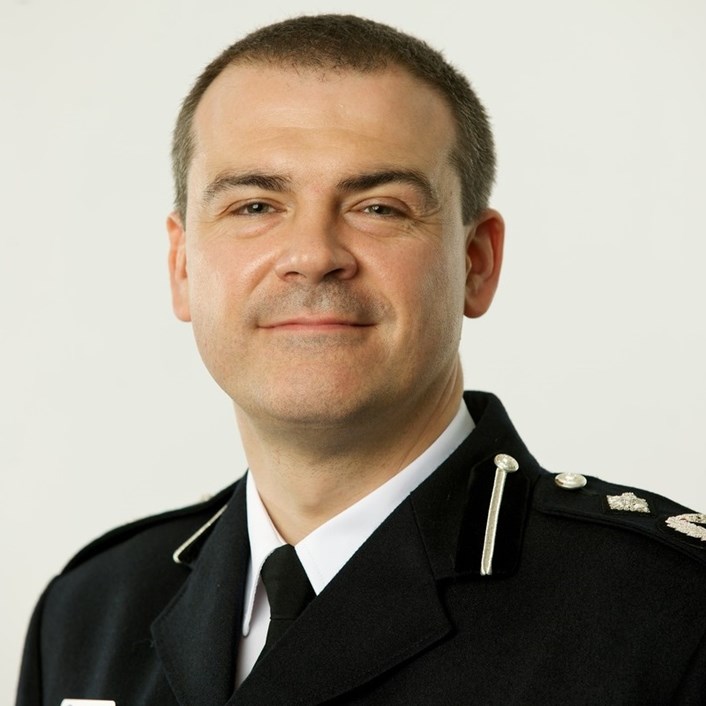
CC Dave Thompson Blog: Policing funding – what do we need to tackle the threats we face?
In 1974 my predecessor as West Midlands Chief Constable, Sir Derrick Capper, faced a sustained UK IRA bombing campaign with 6,842 police officers. Forty years later and after a horrific series of attacks in London and Manchester, I face a modern terror threat with 6,600 officers – a number that has already fallen by close to 2,000 and is set to fall further.
-
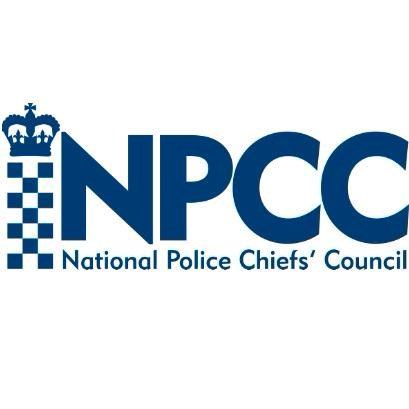
2017 Queen's birthday honours
Members of the police service are included in honours which recognise the achievements of a wide range of extraordinary people across the UK.
-

Police advice to stay safe at festivals this summer
More festival workers and staff at major summer events are to be trained on what to do in the event of a terrorist incident following the atrocities in Manchester and London.
-

Spikes in hate crime happen against backdrop of communities coming together
NPCC Lead for Hate Crime addresses recent spikes trigged by the horrible attacks in Manchester and London
-

Constant security reviews in place on polling day
As people cast their votes in the General Election, police forces are updating security in line with the threat level
-

NPCC response to London Bridge incident: We will not be divided
Chief officers respond to the terrorist attack in London

